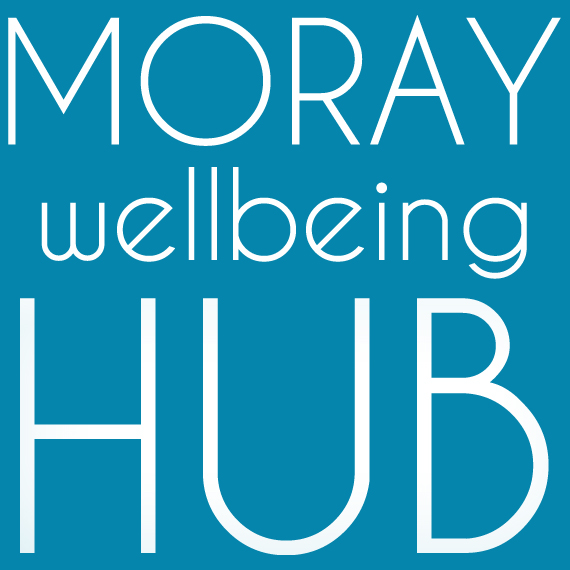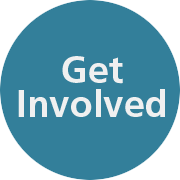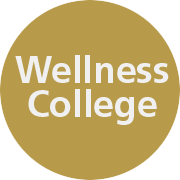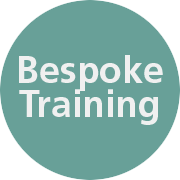Here at Moray Wellbeing Hub we have creative courses as part of our Wellness College that boost wellbeing. One of these is Write 2 Recovery where a peer-trainer hosts a writing for wellbeing course for a few weeks and then the participants take over to lead it themselves.
Big thanks to our Champion Nina for sharing her thoughts on what she loved about the experience and the group. If you are keen to have a Write2Recovery course in your area please get in touch and let us know”
Wondrous Stories: a personal reflection on the Inaugural Elgin Write to Recovery (WTR) Group – Nina Curle December 2019
When a group of us arrived for the first meeting of the Elgin WTR group in early May 2019, most had little idea of what to expect – myself included. Over the months however, we’ve developed from a modest-sized gathering of slightly hesitant but mostly hopeful individuals, guided by a couple of facilitators, to a well-bonded group that is confident to conduct itself.
In the first few weeks, we wrote in-session and shared the outcome. However, there was an unvoiced but mutual agreement to write outwith the sessions, and this gave more time for sharing our work and considering the issues and themes it had raised. As we reflected on how this process made each of us feel, we found it to be comforting not only on a personal level, but also felt by the group as a whole.
We drew strength from each others’ stories, savouring the wondrous nature of what often appeared to be everyday events, appreciating the courage expressed, and often hearing echoes of our own experiences therein. In this way, the group felt collectively empowered and uplifted.
We have many voices within the group, and many styles, from prose to poetry, factual to metaphorical and descriptive. All were valued and honoured as special in their own right (and write!) By adhering to our initial working agreement embedded in the CHIME principles, we adopted a flexible approach which enabled members to attend when they were able, and still feel part of the regular group meetings.
We often suggested topics or themes to base our writing on, some of which arose from issues aired at the previous meeting. But these too could be adapted, and increasingly members chose their own subjects for their work. It’s been surprising how well these self-selected topics have caused sessions to flow, as they frequently contained elements that linked to another member’s work. This seemed to further enhance the therapeutic power of the group, which appeared to me to be far stronger than the sum of its parts. There’s also been a lot of laughter along the way: a really important part of the experience.
Several of the group have achieved success in both their professional and personal goals over the course of the year: something we’ve been able to celebrate together. And we plan to continue with the group into the new year – perhaps inspiring other WTR groups to start up.
I believe that the group’s success is largely down to us bonding so quickly and so well. This was thanks to the Hub’s guidance and framework for us, but also – and crucially – to the strong sense of compassion, trust and respect shown by members towards each other.
Strength-based support has allowed each of us to experience the many positive aspects of sharing our stories, however daunted we may have felt in the beginning. I’m glad to have been a part the WTR project, and hope to be involved for many sessions to come!






